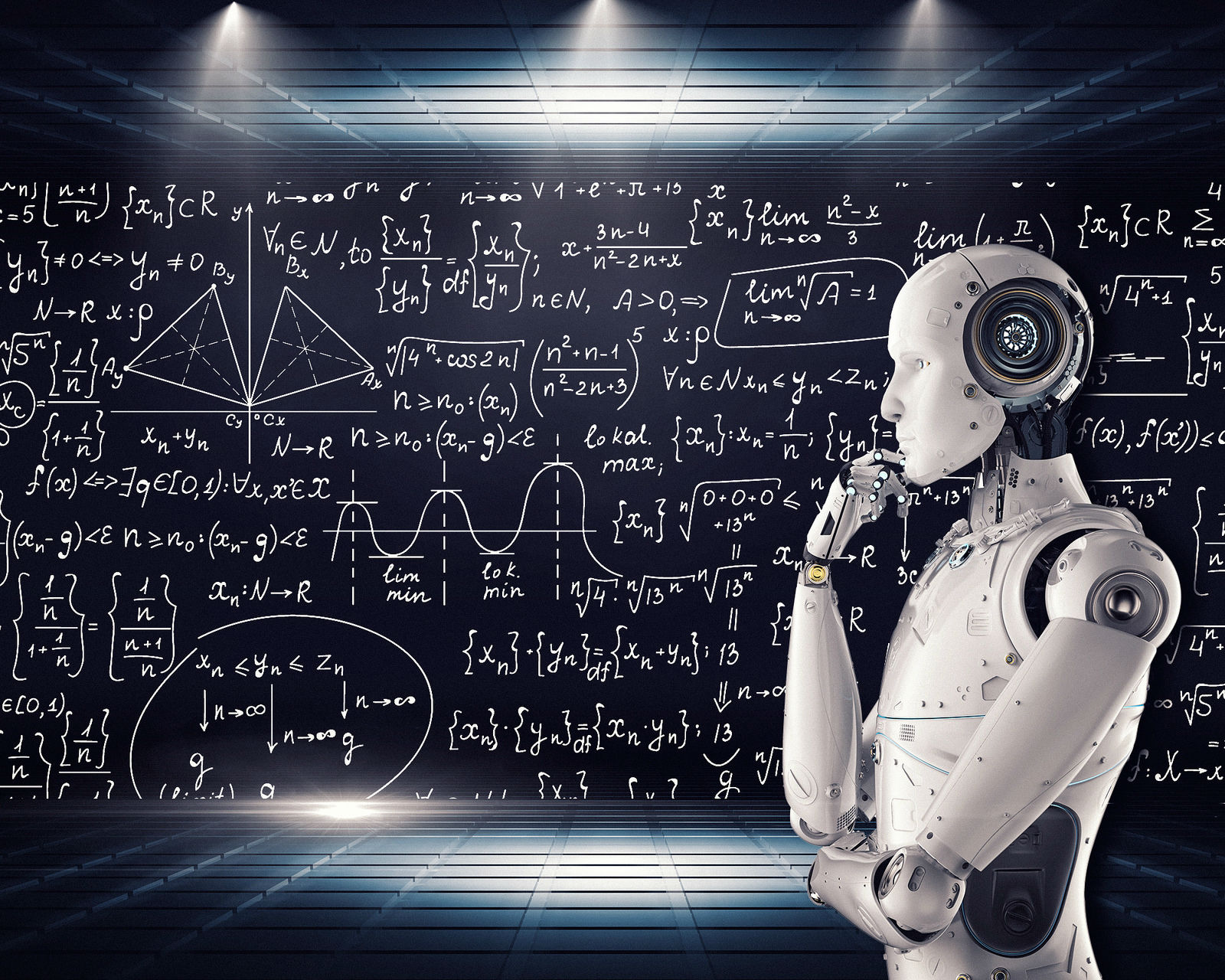
Will robots one day replace your salespeople?
We’re still underestimating artificial intelligence, says Andrew McAfee. That was the premise of his presentation at the Nordic Business Forum in September, and he should know.
McAfee is the co-founder and co-director of the Initiative on the Digital Economy, and a Principal Research Scientist at the MIT Sloan School of Management. He researches and writes about how computer technologies are changing business, the economy, and society. His award-winning work is published in two best-selling books and in popular blogs, academic papers, and publications including Harvard Business Review, The Economist, The Wall St Journal, and The New York Times.
One question he was tackling at the Nordic Business Conference was the degree to which AI will replace human roles in business in the near future.
His conclusion: It’s going to change more than we think, but there are limits.
An interesting quote at the same conference came from Gary Hamel: “The threat that robots pose to employment is directly proportional to the degree to which we treat human beings like robots.”
He mentioned self-driving cars: what will happen to the 3 million bus drivers in the US? And cab drivers? These are jobs highly likely to be automated.
I found this quote to be particularly interesting in the context of the sales environment and the question of whether AI and robots will eventually replace salespeople. With experts like McAfee stating that we are underestimating the capabilities of AI, it seems like a distinct possibility that they will, on the surface of it.
More technology solutions than ever before offer AI-enabled functionality that promises to make salespeople’s jobs more efficient and effective. Some of these technologies promise to replace SDRs and put sales on autopilot.
But what about complex sales environments? Can AIs really someday do what top salespeople do in complex sales?
The answer lies in whether we treat buyers like humans or like robots. More than any other role in the organization, salespeople are responsible for the human experience of interacting with your brand. And as long as humans are responsible for making purchasing decisions, they will need humans to assist them through the sales cycle.
Here’s why.
AI’s lack empathy
A few years ago, a neuroscientist named Antonio Damasio studied a small group of individuals with an extremely rare form of brain damage that causes the emotion centers of the brain to shut down.
These individuals, even though their intelligence was fully intact and they were capable of having smart conversations and processing new information, consistently found their lives falling apart. There was no logical reason for the deterioration of their lives, especially when it came to careers and money, as they had all of the capabilities usually associated with intelligent decision making.
What Damasio found, when he looked closely at their lives, was that although they had everything traditionally understood to be necessary to make decisions: Information, ability to analyze, ability to collect more information; they couldn’t actually do it. At the point of decision-making, something broke down and sent them into an endless loop of considering all of their options on repeat.
The take-away from this study is that it’s not just a popular cliché to say that people make decisions with their emotions. It’s actually a scientific reality. Without emotion, decision-making is impossible.
Why is this important?
Until AI’s can process emotion and empathize with emotion, they can never respond to the most important human element of the decision-making process. And without that, they can’t guide humans through the complex journey of a major purchasing decision, because:
- People don’t always say what they mean. A human may talk in circles around a problem without ever fully stating that what they really want is for their job to be easier, or for their people to be happier. A human salesperson can read body language, feel what it might be like to be in the other person’s shoes, and draw the correct conclusion about what the buyer really means, even if they never say it.
- Machines don’t feel pain. Many business decisions are driven by a desire to address a pain. Because machines don’t feel pain, they lack the ability to fully understand the pain that may underlie a buyer’s stated needs, which makes it impossible for them to truly address that pain.
Empathy is a key component of sales effectiveness. AI may be smart, and better at some tasks than humans, but nothing in the current technology indicates that we are even close to having AI that has feelings and empathy. Additionally, AIs are bad at asking questions.
AI’s aren’t good at asking questions
The other key factor that AI lacks and that is critical to sales is the ability to ask probing questions. A well-trained machine may be able to ask questions, but what they can’t do is think outside the box of their training to come up with original questions, or questions that lead in new and creative directions.
To understand the difference, consider first what AIs are good at: problem-solving. Give an AI a problem and enough data to munch on, and it will come up with more possible options than a human can. It may also be capable of running those options through models and finding the absolute optimal solution. This capability is being put to good use in a variety of industries including construction, environmental science, and more.
But what the AI can’t do, is come up with the problem and the questions to ask about the problem. It requires creativity to understand a human problem and to consider looking at it in a new way.
Great salespeople don’t just ask rote memory questions. They listen carefully to the buyer and then ask them challenging questions that force them to think outside the box. They creatively identify new problems that the buyer may not have considered, and guide them to co-create potential solutions.
Once the problems are framed and some questions asked around the problems, AI can be useful in optimizing and understanding potential solutions. But current and near-future AI technology simply cannot replace the human job of finding the problems and questions, to begin with.
So, will AI someday replace salespeople in a complex environment? Maybe. But only after they learn to feel emotion, experience empathy, and think outside the box. A more realistic outcome is that we will augment our salespeople with AI. Something that I am sure will help us elevate the profession.
Want to find out how Membrain supports your human sales force in serving human buyers? Get in touch and let’s set up a time to talk.

By George Brontén
George is the founder & CEO of Membrain, the Sales Enablement CRM that makes it easy to execute your sales strategy. A life-long entrepreneur with 20 years of experience in the software space and a passion for sales and marketing. With the life motto "Don't settle for mainstream", he is always looking for new ways to achieve improved business results using innovative software, skills, and processes. George is also the author of the book Stop Killing Deals and the host of the Stop Killing Deals webinar and podcast series.
Find out more about George Brontén on LinkedIn







